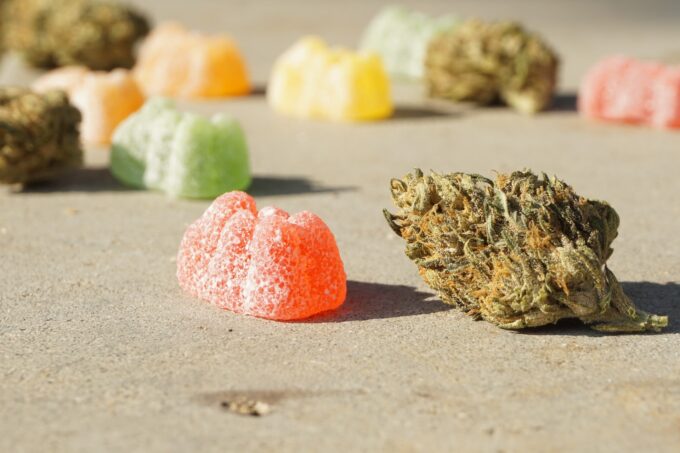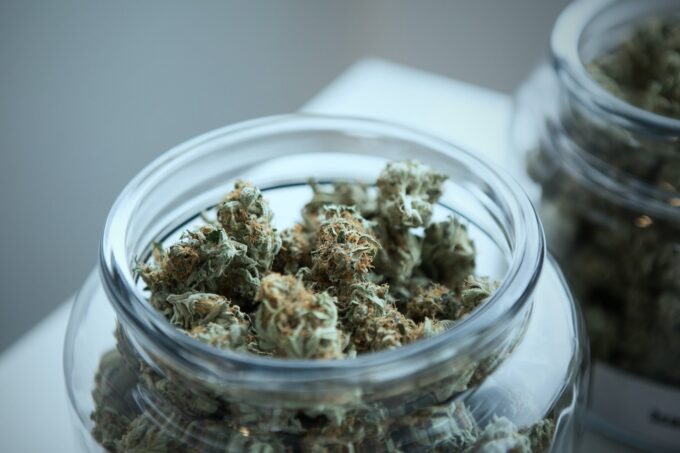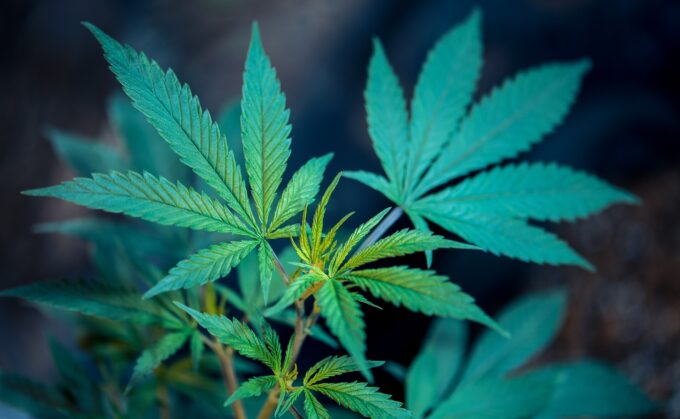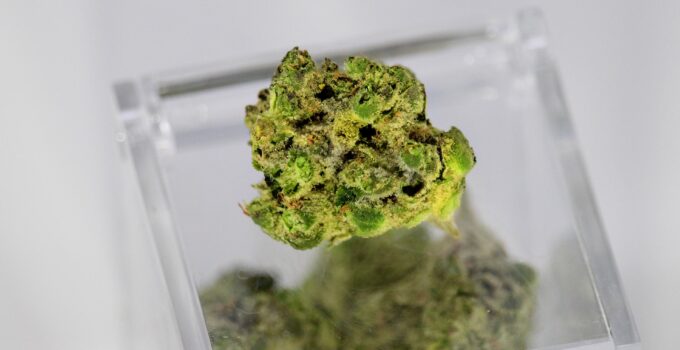With so many new THC and CBD products hitting the market in recent years, it can sometimes feel like you’re out of the loop with manufacturing advancements and the products that now exist. This can be problematic if you’re eager to try something new, but the sheer volume of options and information is overwhelming.
Fortunately, you don’t need to remain uninformed for long. If you’ve been thinking about trying Delta 9 products, you might be able to make a well-informed decision after considering the following information.
It’s Available in Many Products

Delta 9 THC is an intoxicating component that naturally occurs in the cannabis plant. Cannabis dispensaries offering Delta 9 products typically provide a range of products for consumers to experience feelings of euphoria.
Walk into the average dispensary, and you’ll likely find that there is no shortage of vape cartridges, gummies, candy, beverages, pre-rolled joints, and tinctures. If you’re ready to begin exploring your options, you can click here to find some of the best Delta 9 products on the market.
When you finally start browsing, don’t be afraid to take your time. Everyone’s needs and preferences are different. You might prefer the subtlety of gummies, candy, or chocolate, that you can consume on the go or the ease with which you can use tinctures and lotions.
Some people also like the relaxation factor sometimes associated with vape products and pre-rolled joints. Think about your preferences, and you might be surprised at how they guide your purchasing decision.
It’s Similar to Delta 8
Delta 8 and Delta 9 are marketed and sold as two different products, and that’s because they are. However, the two cannabinoids are closely related. Both feature carbon, hydrogen, and oxygen and trigger the body’s CB1 and CB2 cannabinoid receptors. By triggering these receptors, including those in your central nervous system, both Delta 8 and Delta 9 might provide similar effects to each other. However, Delta 9 is believed to be more potent than Delta 8, resulting in possibly enhanced effects.
There Are Two Main Manufacturing Methods

Source: unsplash.com
As you browse the shelves of your local cannabis dispensary, you might be curious about how a plant can be turned into almost any product, like beverages, candy, and baked goods. Manufacturers often use two different manufacturing methods to produce Delta 9 THC. The first is isomerization, which is the same method used to produce Delta 8, Delta 10, and other THC isomers.
This process involves transforming a molecule, ion, or molecular fragment into an isomer with a different chemical structure. Manufacturers might also opt for plant extraction, in which natural Delta-9 extract is taken from hemp. With this method, Delta 9 stays in its original form, so manufacturers can confidently label it as hemp-extracted THC Delta 9.
Laws Are Complicated
When the 2018 Farm Bill was signed into law, any cannabinoid from the cannabis plant derived from hemp would be legal as long as resultant products abided by federal regulations, state regulations, and licensing requirements.
It’s easy to assume that hemp’s removal from the Controlled Substances Act would mean you could purchase any Delta 9 product in any state with confidence, but the laws can be complicated. Your right to grow, manufacture, buy, and sell Delta 9 products can depend on where you live.
Hemp-derived Delta 9 THC products are legal in 42 states, all of which follow the Farm Bill requirements. This means Delta 9 is permitted if it contains no more than 0.3% THC. However, some states have put laws in place to address Delta 8, which means changes might be afoot for regulating and restricting Delta 9. Delta 9 is currently restricted in California, with heavy requirements imposed for testing and packaging.
Some states have also been considering banning the chemical conversion process rather than the product itself, which would make turning CBD into Delta 9 prohibited.
There Are Potential Benefits

Source: unsplash.com
Talking about benefits and Delta 9 can be complicated. While many people purchase Delta 9 to experience particular effects, there hasn’t been enough long-term, thorough research into this cannabinoid to draw accurate conclusions about any possible benefits.
As a result, the FDA has only approved two THC formulations for particular health benefits, and standard off-the-shelf Delta 9 products aren’t marketed as beneficial in any way. However, that’s not to say that people don’t talk about the helpful effects they experience after consuming Delta 9 products.
For example, many people struggling with their appetite turn to Delta 9 to take advantage of potential appetite-stimulating properties, which have been discussed at length in studies involving people living with advanced cancer. Some people who have struggled with sleep and have tried everything from new cotton sheets to better sleep hygiene have also seen the value in Delta 9 for drifting off to sleep.
While there isn’t substantial evidence to suggest Delta 9 is beneficial for this purpose, some placebo-controlled trials, pre-clinical trials, and small-sample studies have shown that there’s room for more in-depth studies.
Cannabis dispensaries might also welcome customers exploring their Delta 9 options to increase feelings of relaxation. While dispensary workers can’t say that Delta 9 will make you feel more relaxed, many people notice such effects when they consume products like tinctures, gummies, and pre-rolled joints.
The World Health Organization (WHO) Sees Value in It
Many official health bodies shy away from making claims about cannabinoids, especially when they are the topic of such intense interest in the media and the general public. However, the World Health Organization has compiled a significant amount of data to help consumers make an informed choice for their health.
Of particular interest in their findings were Delta 9’s potential benefits for anorexia nervosa and appetite stimulation in people living with HIV and AIDS. In a randomized, double-blind, placebo-controlled crossover study with the synthetic Delta 9 THC Dronabinol, a small but significant weight gain was observed in 25 women with anorexia.
Synthetic Delta 9 THC was also used as pharmacotherapy for appetite stimulation in people living with HIV and AIDS. Its effectiveness for weight gain helped this product earn FDA approval.
Trying new CBD and THC products for the first time can be overwhelming, especially since there can be a significant amount of new information to absorb before you confidently explore your options. However, after considering this information about Delta 9 above, you might be able to visit your local dispensary and make a purchase with many of your questions answered.







